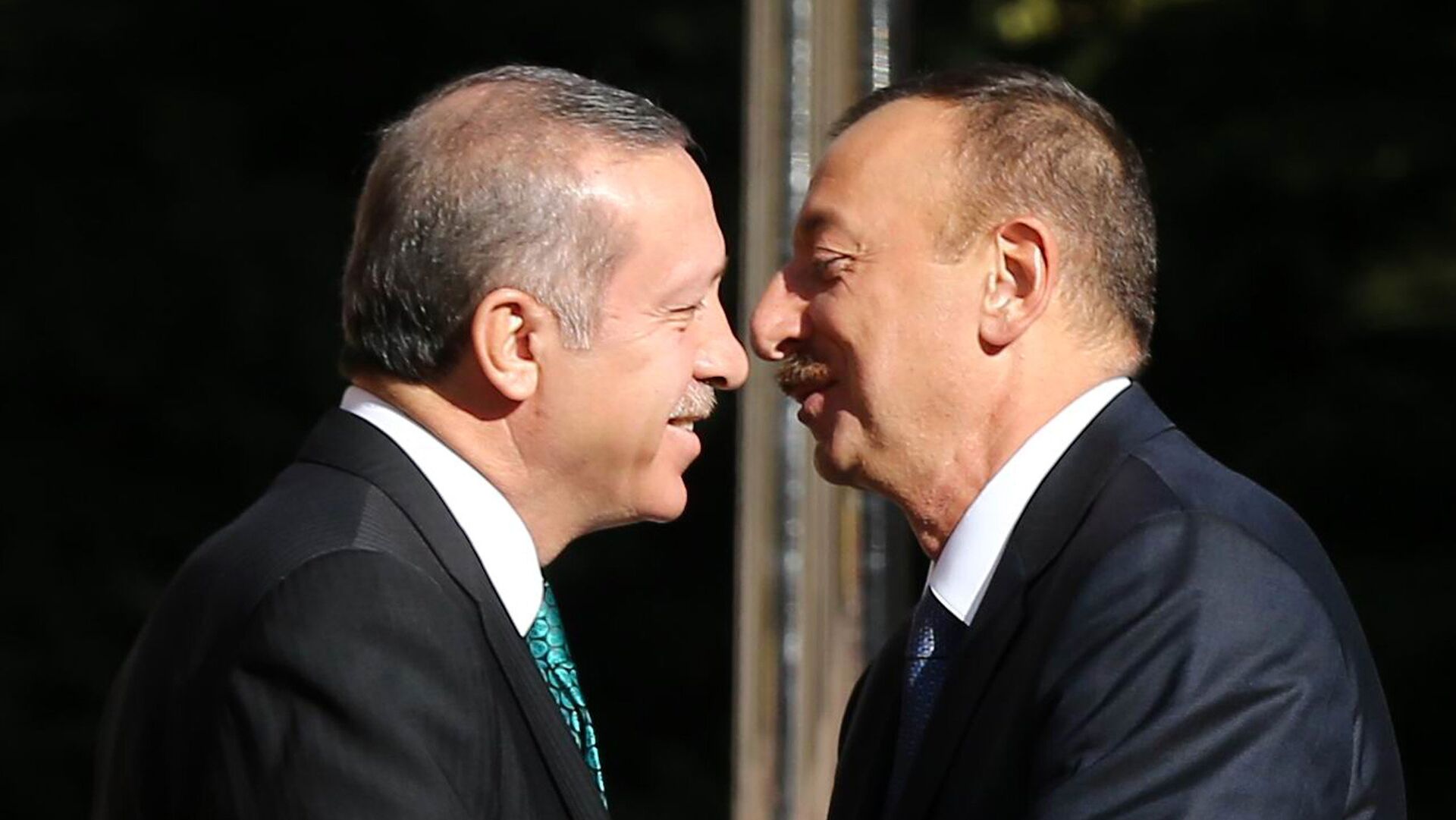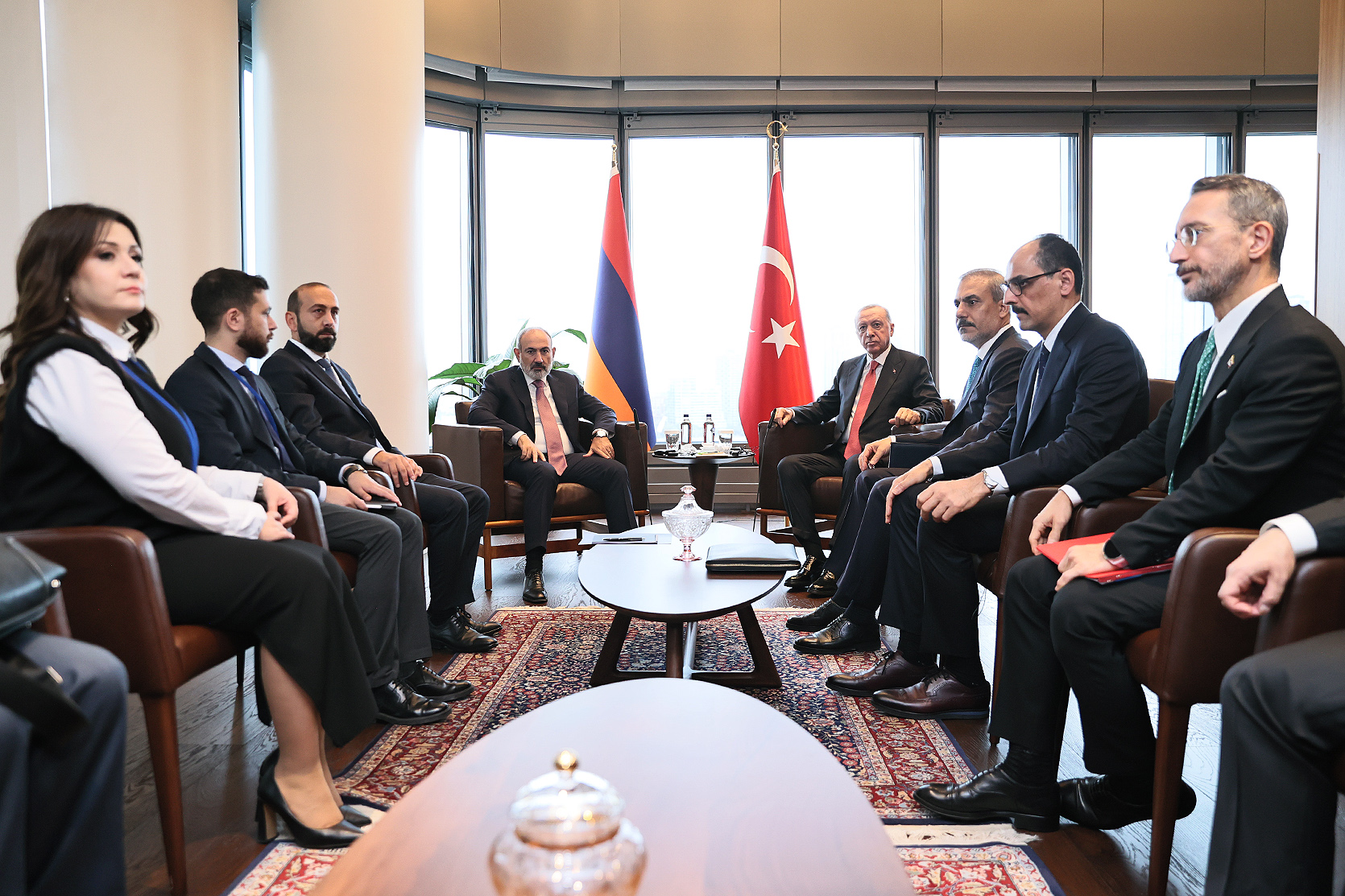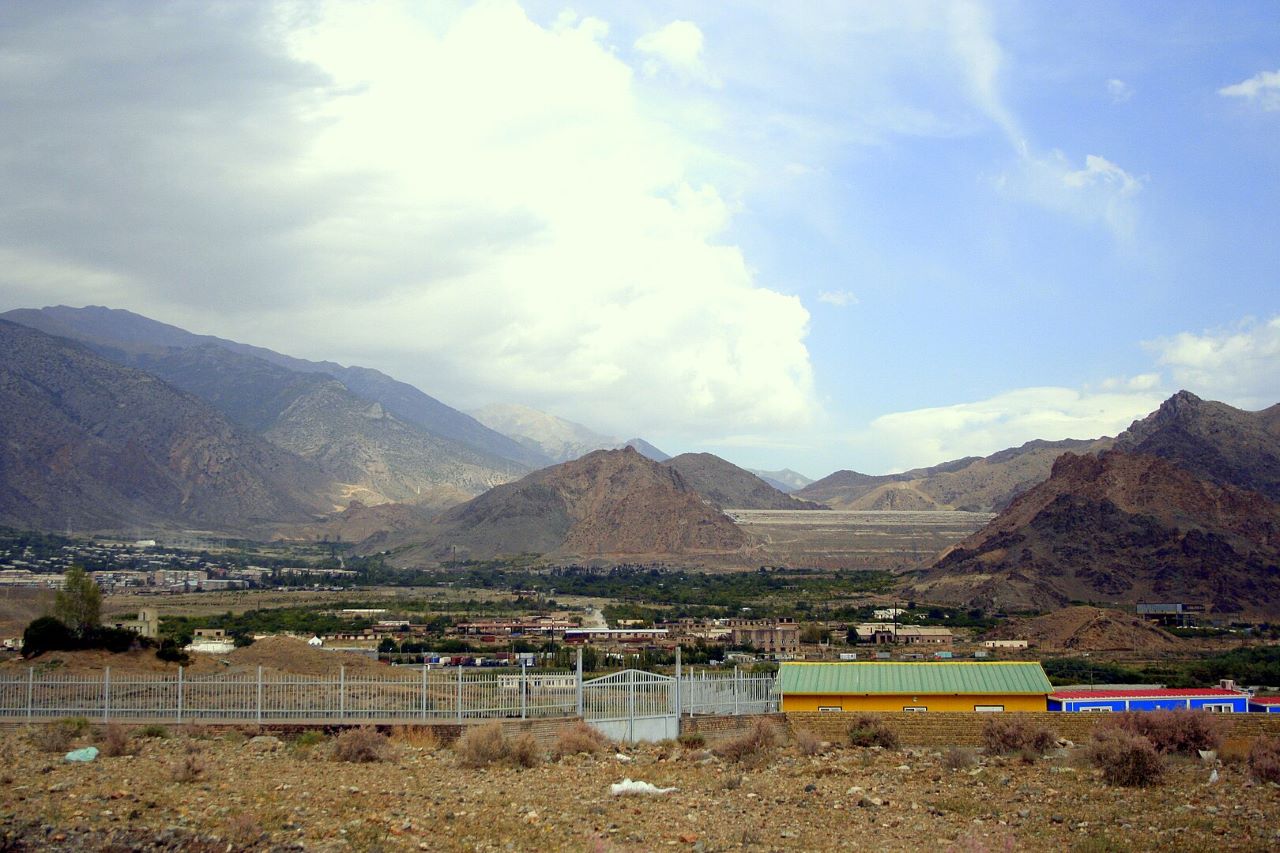Opinion: Armenia must use its trump card on road unblocking issue
What’s next for Armenia?
“Today, the South Caucasus is deeply involved in global processes. Armenia must strive to be present in transport corridors like Beijing-London or North-South. At the same time, Armenia must do everything possible to preserve its territorial sovereignty and protect its national interests,” said Turkologist Ruben Safrastyan.
In his pre-New Year interview, Safrastyan discussed potential scenarios for Armenia’s relations with Azerbaijan and Turkey. Under no circumstances, he stressed, should Yerevan agree to their demand to provide the so-called “Zangezur Corridor.” This refers to a road connecting Azerbaijan to its exclave of Nakhichevan and Turkey to Central Asian countries, effectively linking the “Turkic world.” Since 2020, Armenian authorities have stated their readiness to unblock all roads but categorically refuse to grant a “corridor,” explaining that the term implies a loss of control over their territory.
“We must understand that we hold an important trump card that must be used. We have the road through Meghri [a city in the south], which I consider Armenia’s geopolitical gateway. Moreover, this gateway encompasses the entire Syunik region [southern Armenia]. And the key to it is in our hands. We will not hand this key to anyone,” Safrastyan declared.
Ruben Safrastyan, Turkologist
South Caucasus becomes a battleground
“Let’s try to understand the key trends shaping the processes currently unfolding in the South Caucasus, which hold strategic significance.
The first trend is that the Caucasus is becoming a battleground for various power centers. The struggle between the West and Russia is intensifying here. The second is the weakening of Russia’s position in our region. The third trend is the involvement of the South Caucasus in global processes.
Previously, this region was within Russia’s sphere of influence and was effectively excluded from global dynamics..
These are the three main trends. However, there are several others stemming from these, such as the growing activity of Turkey in our region.”
Armenia must pursue subtle diplomacy, not neutrality
“My approach is this: Armenia must stay out of the unfolding struggle between the West and Russia in the region. It is also important to maintain our allied, strategic relations—despite all the current complexities. Equally crucial is that we diversify our relationships with other countries. We need to pursue a differentiated foreign policy.
I believe regionalization of our foreign policy is very important. By this, I mean resolving our relations with neighboring countries.
Russia is our strategic ally. We are not abandoning this partnership. Armenia is also a member of the Eurasian Economic Union (EAEU), and we are not rejecting this either, as it benefits us.
We must conduct very subtle diplomacy and avoid neutrality because, at this stage, we cannot afford to be neutral.”
Baku seeks maximum concessions
“Armenian-Azerbaijani relations have reached a point where only a few points of the peace treaty remain to be agreed upon. These negotiations must continue.
However, in my view, Azerbaijan is pursuing a short-sighted policy. It is trying to exploit this moment to extract as many concessions as possible from Armenia.
That’s their goal. They fail to realize that the sooner this treaty is signed, the better it will be for them as well.”
Turkey aims to solidify its position
“I consider Turkey’s position more strategic and forward-looking. Turkey says the sooner [the peace treaty is signed], the better. Why? Because for Turkey, it is crucial to formalize this new regional reality created by Russia’s weakening influence as quickly as possible. It’s a matter of vision.
Turkey has a broader perspective. Why? Because Turkey is currently pursuing a policy aimed at strengthening its role on a global scale. A narrow regional focus is less important to them..
In this context, Turkey seeks to use the Armenian-Azerbaijani treaty to solidify its strengthened position and Russia’s weakened one. This will enable Turkey to advance its ambitions on a global level.
Azerbaijan, on the other hand, has a narrower vision, focused on solving tactical issues. It simply wants to secure more concessions from Armenia. So, it’s a matter of perspective, scale, and the level of statehood.”
Armenia-Turkey relations will not be fully normalised
“The opening of the Armenia-Turkey border won’t happen immediately. They have made it very clear—they will take certain steps towards normalizing relations only after the Armenia-Azerbaijan treaty is signed.
I think Turkey will try to keep this trump card in its hands. Do you know why? Because, according to their calculations, the construction of the railway connecting Kars to Nakhchivan will be completed by 2029.
Until then, Turkey will aim to retain leverage over Armenia.
Relations will not be fully normalized. However, Turkey will take certain steps to use them as a means of pressure on Armenia. The main goal remains to secure an extraterritorial corridor.”
Iran aims to counter strengthening of Western and Turkish influence
“Russian-Iranian relations are indeed significant. Essentially, we are witnessing two parallel processes. The first is strategic: both countries are under intense pressure from the West and are trying to forge closer ties. Of course, there are certain challenges, but their relationship has strengthened considerably.
As I understand it, Iran’s concern regarding our region is to prevent the strengthening of Western or Turkish positions as Russia’s influence weakens here.
In this context, Armenia plays a crucial role for Iran, as it seeks to counter the growing influence of the West and Turkey in the South Caucasus. It is no coincidence that Iran firmly supports the preservation of Armenia’s territorial integrity.”






















